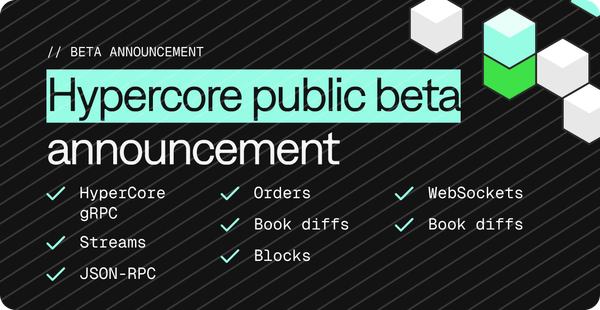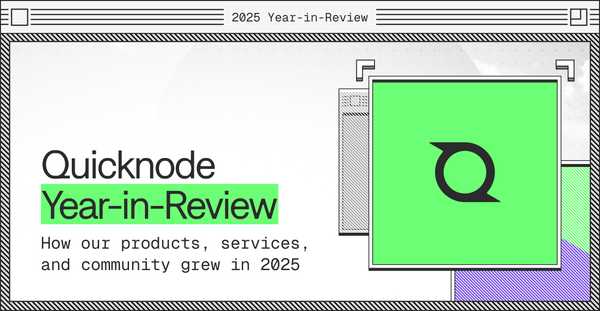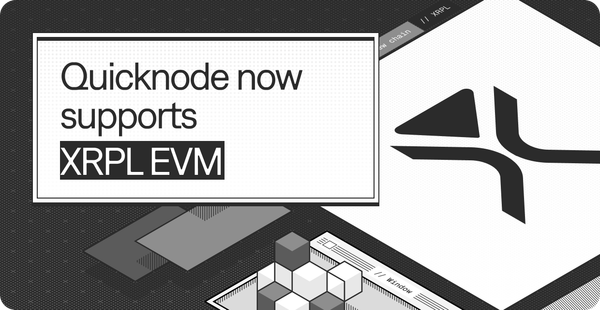Feature Fridays: Fluidkey
Fluidkey is revolutionizing blockchain privacy with its innovative platform, providing default privacy for users without adding friction.
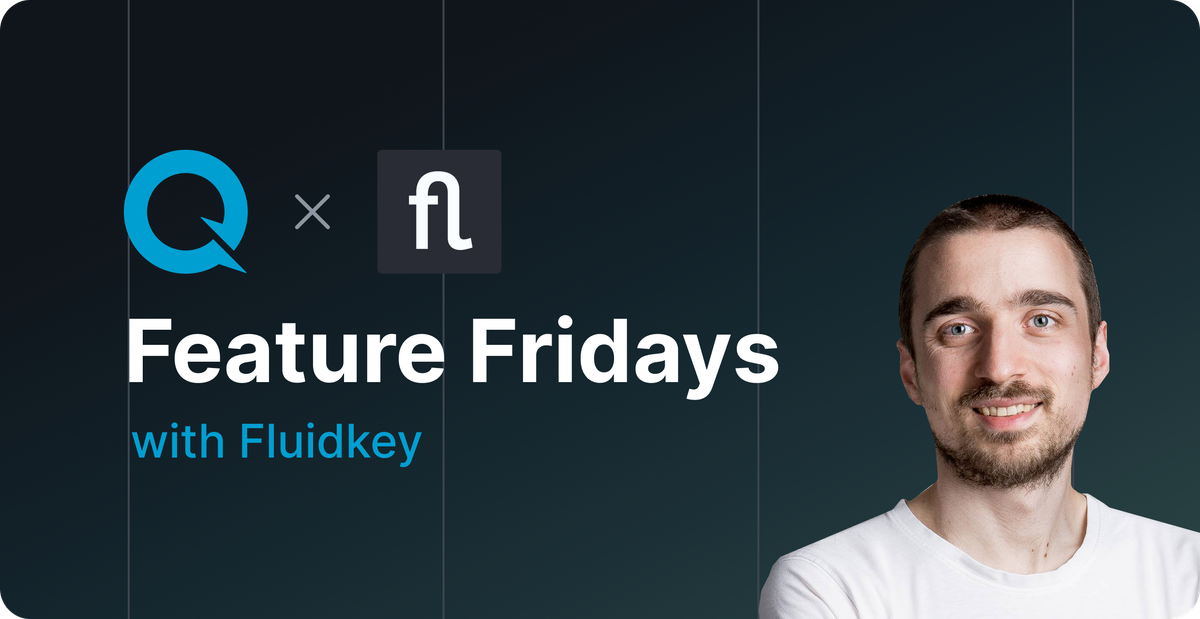
Welcome back to Feature Fridays! This week, we're excited to spotlight Fluidkey, a platform that ensures default privacy for blockchain users without adding any friction. Antonio, the co-founder and CTO of Fluidkey, brings a wealth of experience from his prior roles as a freelance Solidity developer and a Web2 Cloud Native Architect. Fluidkey offers users a privacy-preserving ENS that resolves to a new address each time it's queried, providing seamless and secure transactions.
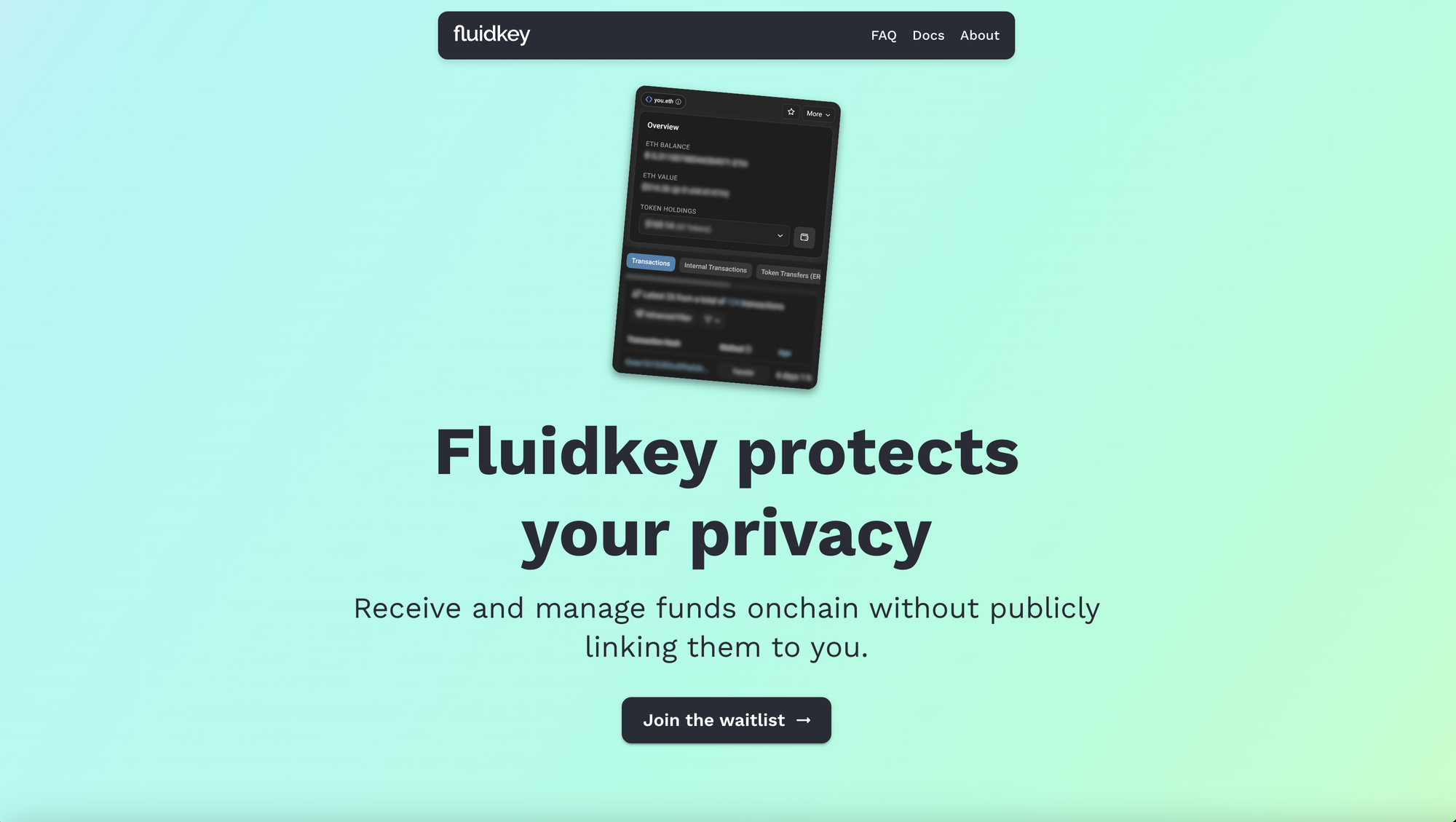
Q & A with Fluidkey 👇
Could you introduce yourself by sharing your name, prior experience, and current role within your company? Additionally, please briefly explain your company's mission and what it offers to its customers.
I’m Antonio, co-founder and CTO of Fluidkey. Before this, I worked as a freelance Solidity developer for three years and as a Web2 Cloud Native Architect before entering the Web3 space. Fluidkey aims to provide default privacy without adding any friction to current blockchains. When users join Fluidkey, they get a privacy-preserving ENS that resolves to a new address each time it's queried. For example, my personal account is metony.fkey.id. If you refresh the page, it always resolves to a new address.
How has your company grown and changed since its inception, and what do you have planned for its future?
Initially, we focused on the tech side, but quickly realized the importance of UX. We've built a simple, robust product that offers a great UX. An app in Web3 should be easy to use, not requiring a deep understanding of blockchain technologies. This UX-first approach will remain a core pillar of our development.
What inspired you to develop Fluidkey, and how did you conceive?
While Stealth Addresses have been around for a while, the idea of connecting them to Smart Accounts was originally shaped by Moritz, co-founder of Fluidkey. He shared this concept on Farcaster. This is where I read it for the first time, and reached out. We were both in Paris, just before EthGlobal, and decided to develop it during the hackathon. It worked out, and that’s how Fluidkey started.
Can you provide insight into Fluidkey’s progress by sharing any metrics or milestones indicating its traction?
We launched the Alpha version in March and a more stable version in June after our core crypto was audited by DeDaub. Despite being in the early stages, we're processing close to half a million USD in transactions per month. We’ve found a niche among pro-users that is getting big benefits by using Fluidkey Stealth Addresses on a daily basis. They’re typically freelancers and DAO-members, earning directly on chain.
We’ve recently enabled the usage of any ERC20 token, we support 5 chains, with the plans to add others soon. Users can swap and bridge without needing native tokens, enhancing privacy.
How does your company utilize QuickNode, and what benefits does it bring to your business operations?
We generate thousands of addresses per user, which posed a challenge for tracking them effectively. Traditional providers allow whitelisting a limited number of addresses, but our needs would have quickly escalated to millions, making this approach unfeasible. To address this, we developed our own tracking methods, supported by real-time block notifications. These notifications, containing Native or ERC-20 transfers, are immediately compared within our infrastructure to identify and track user addresses and allocate funds accurately.
QuickNode's reliability has been essential, ensuring we can provide consistent service from the start. Additionally, the option to run data ingestion via Streams has been a game-changer, allowing us to efficiently handle and process large volumes of data in real time. This capability has enabled us to maintain high reliability and performance, ensuring our users have a seamless experience with our platform.

About QuickNode
QuickNode is building infrastructure to support the future of Web3. Since 2017, we've worked with hundreds of developers and companies, helping scale dApps and providing high-performance access to 30+ blockchains. Subscribe to our newsletter for more content like this, and stay in the loop with what's happening in web3!



